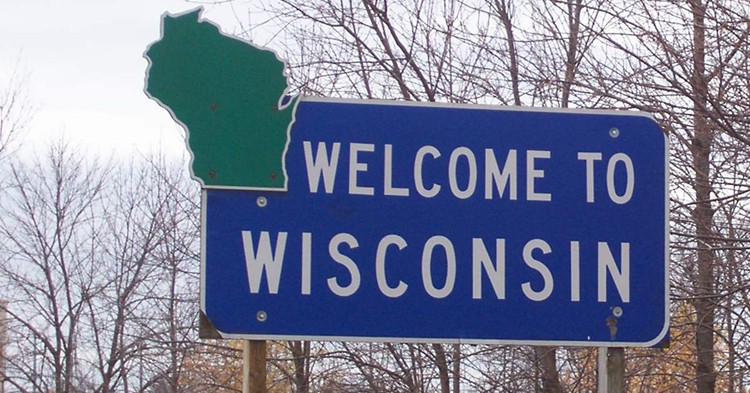How casinos impact Wisconsin communities will be the topic of discussion during a “Tele-Townhall” hosted by Citizens Against Expanded Gambling in Wisconsin (CAEG) on Monday.
The organization, which is comprised of a group of concerned citizens, community leaders and employers opposed to gambling expansion in the state, believes that while increasing the numbers of casinos in Wisconsin would create jobs; casino jobs, along with certain other jobs, are not good for the community or the economy, according to spokesperson for the organization, Lorrie Pickens.
Recently in Wisconsin, expanded gambling has been a focus of discussion among citizens and lawmakers. The group, along with Les Bernal, the National Director of Stop Predatory Gambling and Congressman Glenn Grothman (R-Glenbeulah) ,one of the state’s strongest opponents of gambling expansion in the state, will address their view that communities are better off without casino jobs, and present statistics related to gambling at the Town Hall conference.
The organization’s website contends that even though there is a casino within a two-hour drive of every person in Wisconsin, new casino proposals loom. Currently, there are eleven federally recognized Indian tribes in the state operating 24 gaming facilities, two of them, the Ho-Chunk Nation of Wisconsin (also in Minnesota) and the Lac du Flambeau Band of Lake Superior Chippewa Indians have submitted applications for new casinos.
The Ho-Chunk Nation, which owns and operates six casinos and restaurants and hotels connected to the casinos in the state of Wisconsin, this spring, submitted an application to build an off-reservation casino in Beloit to the regional office of the Bureau of Indian Affairs (BIA) in Minnesota. And the Lac du Flambeau Band of Lake Superior Chippewa Indians, which owns and operates one bingo parlor and one casino in the state, in the spring of 2013, submitted its application for a $50 million off-reservation casino in Shullsburg, Wisconsin. If the BIA approves the application, it will go to the Governor’s office for final approval, as with the Ho-Chunk Nation’s application. The CAEG would like to stop that from happening, and through the Town Hall conference, the organization will attempt to make its case heard by lawmakers.
The CAEG presents statistics from Wisconsin’s Council on Problem Gambling, which indicate a direct correlation between the expansion of gambling in the state and an increase in problem gambling. Other statistics noted, include that about 333,000 of the state’s residents have a gambling problem; since 1996, calls to the Problem Gambling’s 24-hour Helpline have increased by 329 percent; and $46,967 is the average debt of the callers. The CAEG maintains that proximity matters and cites a study published by John W. Welte of the University of Buffalo’s Research Institute on Addictions, which indicates that a person living within 10 miles of a casino is two times more likely of developing a gambling addiction than someone living 10 miles or more away.
According to Dr. Alan P. Meister’s 2016 Indian Gaming Industry Report, some 26 applications for American Indian gaming on lands acquired in trust remain pending; some of them dating as far back as 2005.


